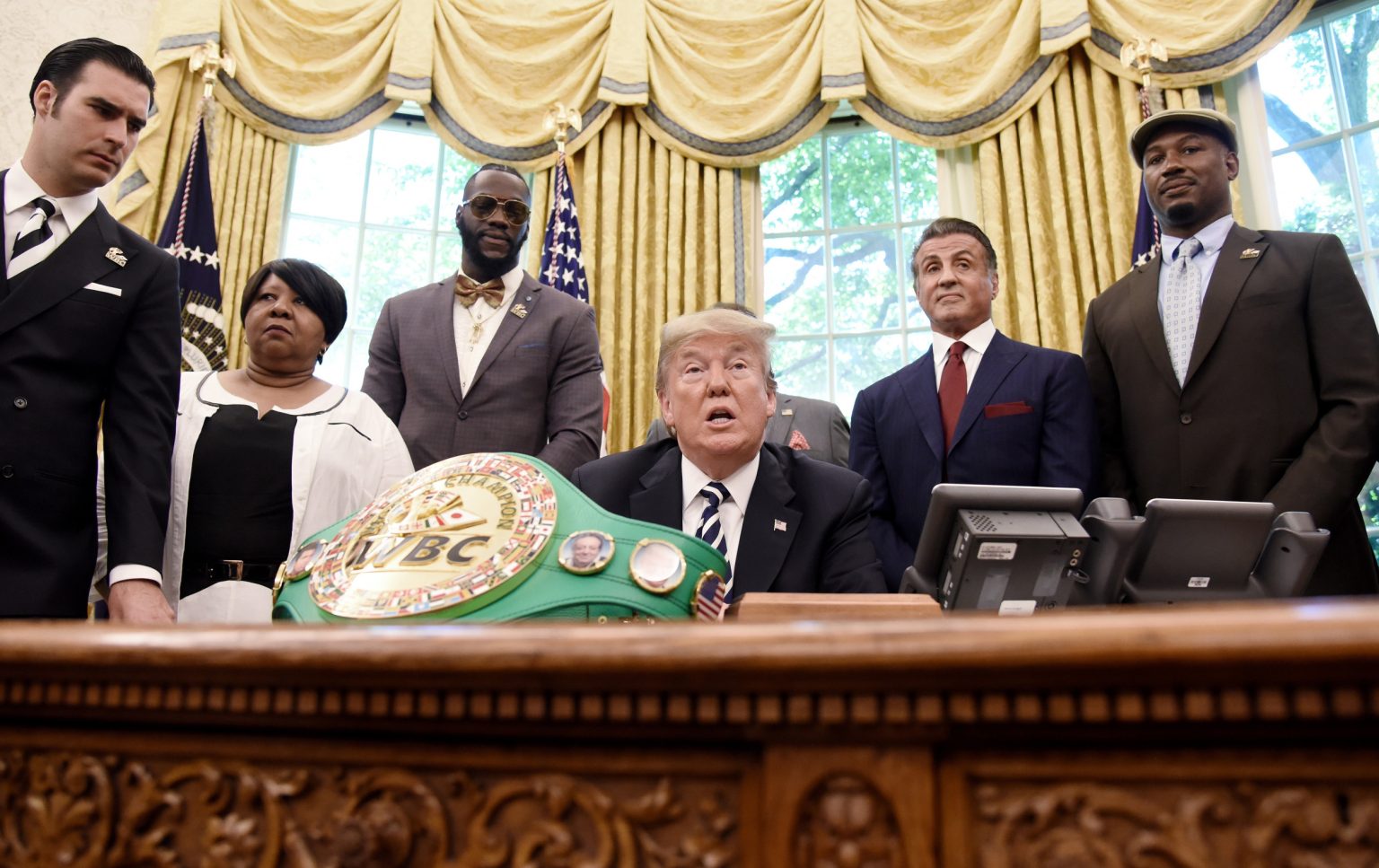In light of President Joe Biden’s decision to pardon his son, Hunter Biden, media attention has once again turned towards the clemency decisions made by former President Donald Trump during his tenure from January 2017 to January 2021. Over his four years in office, Trump granted 237 acts of clemency, which included 143 pardons and 94 commutations. Comparatively, his pardoning rate was significantly lower than that of former President Barack Obama, who granted clemency 1,927 times. Trump’s clemency actions ranked him among the presidents who delivered the least pardons in modern history, outdone only by George W. Bush and George H.W. Bush. This notable disparity has spurred discussions on the nature of presidential pardons and the criteria behind such decisions.
Among the most notable recipients of Trump’s pardons were his associates and political allies, underscoring a potentially contentious approach to clemency. Prominent figures included Michael Flynn, Trump’s former National Security Adviser, who admitted to lying to the FBI, and Roger Stone, a Trump confidant, convicted for lying to Congress regarding contacts with WikiLeaks. Paul’s Manafort, Trump’s former campaign chairman, received clemency after being convicted for serious financial crimes related to the 2016 election. Equally controversial was Trump’s pardon of Steve Bannon, who faced fraud charges linked to a fundraising campaign for a border wall. These clemency decisions have raised questions about favoritism and their implications for the justice system.
In addition to political figures, Trump also pardoned high-profile individuals from various walks of life, including celebrities like rapper Lil Wayne and Kodak Black, both serving time for weapons violations. Perhaps one of the more surprising acts of clemency was a posthumous pardon granted to Jack Johnson, the first Black heavyweight boxing champion, who had been convicted in 1913 for transporting a white woman across state lines. This case highlighted Trump’s willingness to address historical injustices, although it was couched within a broader context of pardoning individuals tied to his inner circle.
Other acts of clemency were framed by advocacy efforts, particularly in the case of Alice Marie Johnson, a nonviolent drug offender serving a life sentence for drug trafficking. Her case was notably championed by celebrity Kim Kardashian, drawing national attention to issues of criminal justice reform. Johnson’s advocacy led to the commutation of sentences for other women similarly accused of nonviolent drug offenses. These decisions reflected a more compassionate aspect of Trump’s clemency actions, which included an acknowledgment of systemic issues within the criminal justice framework.
Trump’s clemency decisions also impacted former military personnel, including Clint Lorance, a former Army officer convicted of war crimes in Afghanistan, and Navy SEAL Edward Gallagher, who faced charges for posing for a photograph with a human corpse. In addition to these controversial figures, Trump granted pardons to individuals like Joe Arpaio, a former sheriff known for his hardline stance on immigration, further illustrating Trump’s inclination to support those aligned with his political agenda and personal beliefs. This tendency to prioritize associates and friends over others has made Trump’s clemency record particularly scrutinized.
Lastly, the full list of Trump’s pardons and commutations is extensive, covering a range of individuals charged with various offenses, including politicians, businesspeople, and lesser-known individuals. While this compendium reflects his unique approach to clemency, it has sparked vigorous discussions about the implications and ethics of presidential pardons in general. The contrasting rates of pardons by Trump and his predecessors underscore the evolving landscape of executive power, leaving a profound impact on public perception around justice, accountability, and the overall role of the presidency in individual lives.

